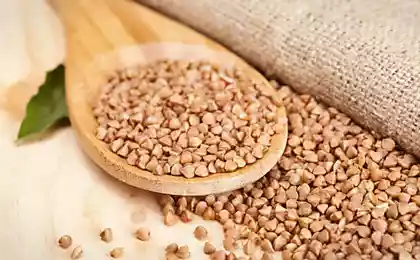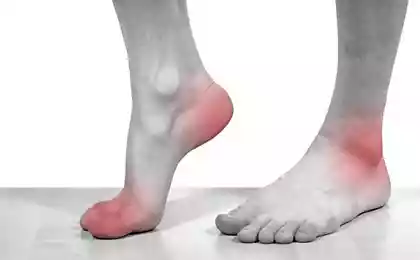194
Could a vegan low-carb diet reduce the risk of heart disease?
In 2009, Dr. David Jenkins and colleagues in Toronto found that a low-carb vegan diet (also known as Eco-Atkins) was effective for weight loss. Today’s research team showed that such a diet also reduces the risk of heart disease by 10% over 10 years.
According to Dr. Jenkins, many low-carb diets are designed to reduce weight. However, the specialist notes that most of them combine the consumption of animal proteins and fats, which can increase cholesterol. What are the latest studies saying?
On the other hand, diets based on the intake of vegetable proteins and oils can reduce the risk of heart disease by reducing the amount of low-density lipoprotein LDL, often referred to as harmful cholesterol. LDL forms plaques in the walls of blood vessels, causing their blockage, respectively, the likelihood of developing heart disease increases.
Since the low-carb diet, but rich in vegetable proteins and oils, became popular, Dr. Jenkins’ team has set out to investigate its effects on heart health.
For the 2005-2006 study, 39 overweight men and women were selected. Participants were divided into two groups, with one group following the Eco-Atkins diet for six months, and the other group eating a low-fat and high-carbohydrate diet.
Those who followed the Eco-Atkins diet were asked to reduce their daily calorie intake by 40%, which are the calories that must enter the body to maintain their current weight. In addition, they were recommended to get 26% of calories with carbohydrates, 31% with protein and 43% with fats, mainly vegetable.
At the end of the study, it turned out that the team fed on the Eco-Atkins system lowered cholesterol by 10%, and also lost about 4 additional pounds (2 kg) of weight compared to participants in the second group. The team found that reducing cholesterol and weight reduced the risk of heart disease by 10% over the next ten years.
According to Dr. Jenkins, these results could be applied to the rest of the population, as participants were free to choose meals with set portion sizes. According to the researchers, this only improved diet compliance.
Foods with coarse fiber, such as oats and barley, are an integral part of the Eco-Atkins diet, the same can be said for vegetables without starch - okre and eggplant. Sources of protein are vegetables, nuts, cereals, gluten and soy; sources of fat are nuts, avocados, vegetables and soy products.
The researchers concluded that a weight loss diet based on reducing carbohydrate intake in exchange for obtaining additional plant proteins, soy, gluten and nuts, as well as vegetable fats, makes it possible to normalize the weight and content of LDL-cholesterol. Excess weight and harmful cholesterol are the main factors of heart disease.
Further research confirmed the value of low-carb diets, including plant-based diets, for heart health. There is also evidence that vegetarianism helps lower blood pressure.
Source: facepla.net
The more we know about the brain, the more difficult it is to live
Sport is good for intestinal flora























